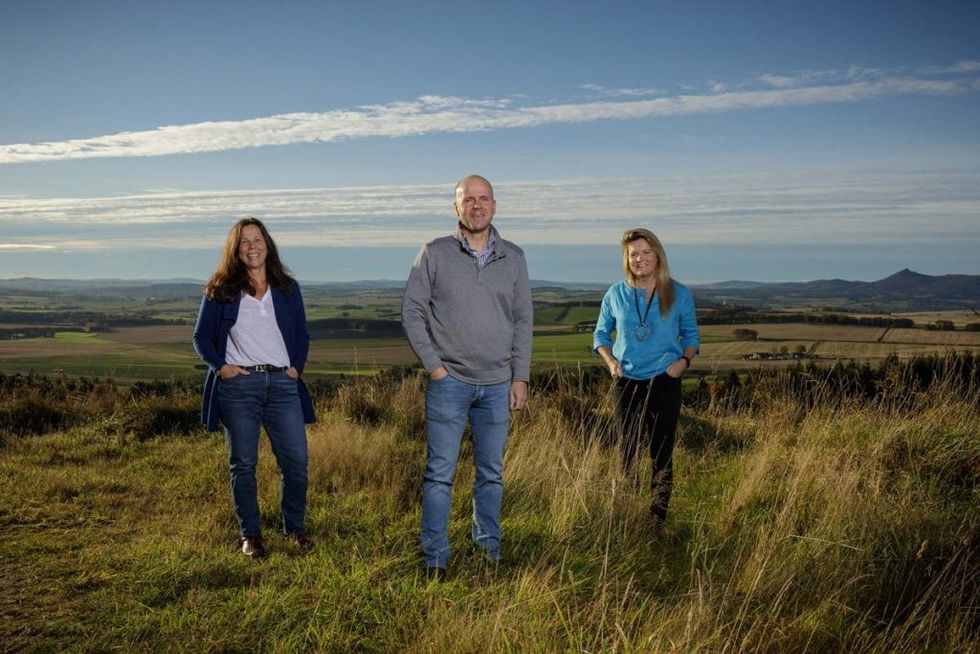Mackie’s of Scotland, the region’s largest ice cream producer, has posted record revenues and profit despite the dual challenges of rising costs and Covid-lockdown restrictions.
Turnover at the family business increased by 11 per cent to £18.5 million while operating profit rose by 19 per cent to £4.1m, according to annual accounts to the year ending 31 May 2021.
Growth in the UK premium ice cream market was spearheaded by a 40 per cent increase in sales in England and Wales, with breakthrough second and third listings of its ice cream range proving popular in major multiples. The growth followed a year of investment in the brand with new packaging, new website and digital advertising campaigns throughout the year.
Mackie’s range of chocolate bars enjoyed a significant 15 per cent uplift in UK sales, while Mackie’s generated income from its investment into renewable energy, which delivers surplus energy into the grid and comprises a 7000 panel solar farm, four large-scale wind turbines at the fourth-generation Westertown Farm as well as a biomass plant.
Mackie’s continued to invest in its biggest ever project – a £4.5 million innovative low carbon refrigeration facility. Supported by the Scottish Government’s Low Carbon Infrastructure transition programme, it is due to complete this spring and should enable a reduction in energy use of up to 80 per cent, contributing to the company’s objective of being 100 per cent self-sufficient in renewable energy.

Mac Mackie, managing director and one of three family owners at Mackie’s, said: “Against a backdrop of the pandemic’s impact on consumer confidence and rising production costs, we are very pleased to have delivered a robust performance and positive financial results which show steady growth for the eighth consecutive year.
“Our focus for the current year will be to build on the improvements that we have made to our production plant and systems to deliver increased output volume, improved quality, and greater cost control and efficiency throughout the business.
“The company continues to make Scotland’s favourite premium ice cream and plans to continue to grow the brand offering to our customers with two new flavours launching this year whilst improving efficiency and returns from all areas of the business.”
For the current trading year, the company expects the overall performance to be affected by the continuing cost increases, and profit is forecast to be lower than in 2020/21.
Ongoing product development trialling innovative new flavours and product formats is underway for the 2023 market. A focus on further export growth in Asia, assisted by improved product ranges will help to counter challenging times ahead due to increased production costs.
Mac added: “We have identified how important quality of product is to our customers and consumers and further investment in new freezers and our new refrigeration system not only improves our environmental credentials but has also been proven to improve the quality of our ice creams.
“Other investments in renewable energy and animal welfare underlines our commitment to sustainability and helps ensure the longevity of what is now a fifth-generation family business for future generations of family, staff and customers.”




















